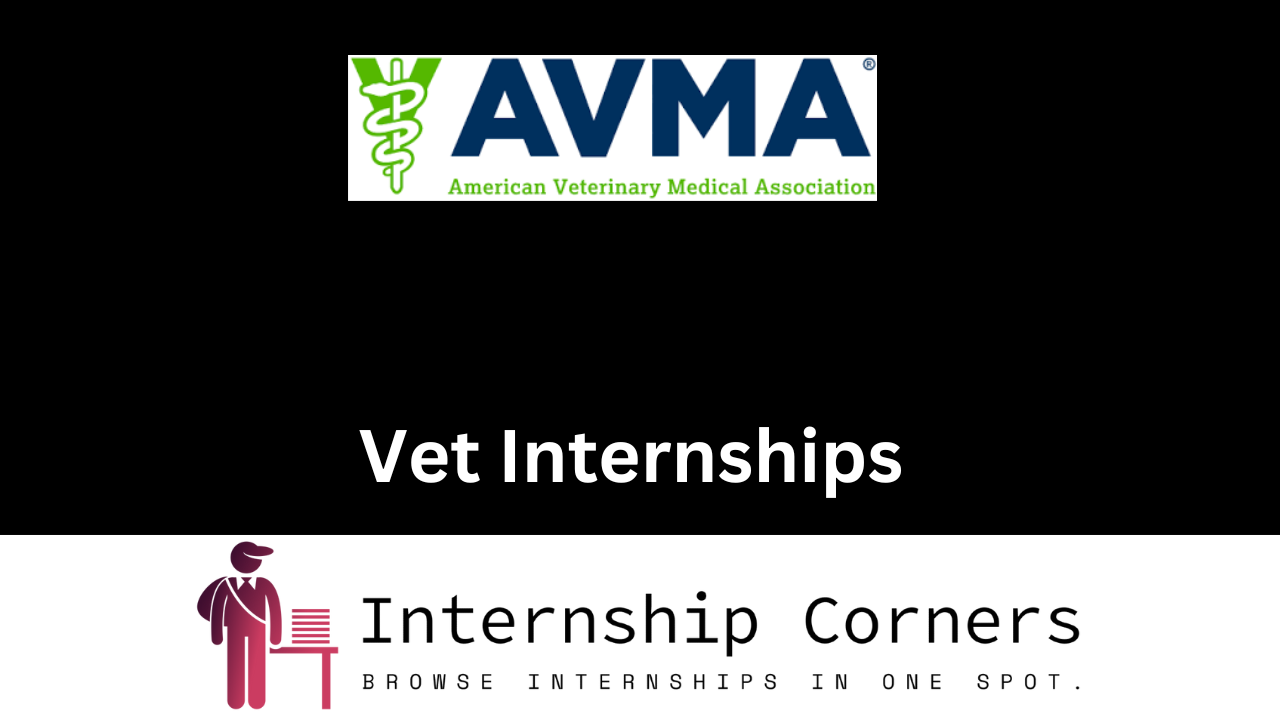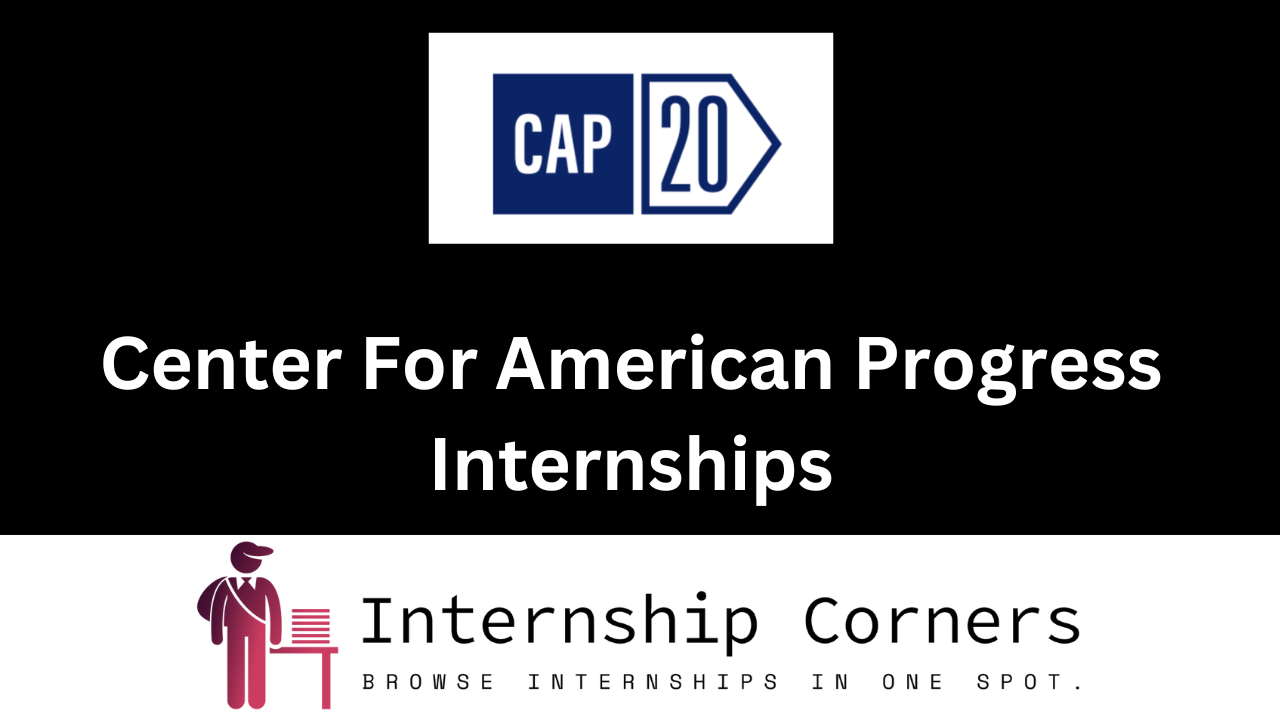Vet internships provide valuable hands-on experience and serve as a gateway to a successful career in veterinary medicine. These opportunities allow aspiring veterinarians to gain practical skills, expand their knowledge, and form critical connections within the industry. In this article, we will explore the overview of vet internship opportunities, the reasons why pursuing such an internship is important, the various types of opportunities available, the qualifications and requirements needed to secure one, how to find and apply for these internship opportunities, and finally, provide some useful tips for a successful internship experience.
Overview of Vet Internship Opportunities:
Vet internship opportunities are specialized training programs for veterinary students or recent graduates, offering mentorship and supervised practice in a veterinary clinic or hospital. These internships are designed to bridge the gap between academic training and professional practice, equipping interns with the necessary skills to excel in their careers.
Also, Read: URBN Internships
Internship Details:
- Internship Placement: United States
- Host: AVMA
- Education Level: Depends on the Selected Internship
- Deadline: Different for Each Internship Position
Why Pursue a Vet Internship?
There are numerous benefits to pursuing a vet internship. Firstly, it provides invaluable practical experience that cannot be gained solely through academic study. Interns have the opportunity to observe and assist in various procedures, interact with diverse animal species, and collaborate with experienced veterinarians. This hands-on experience allows interns to develop confidence, hone their diagnostic skills, and learn to make informed decisions under pressure.
Additionally, vet internship opportunities enhance networking opportunities. Interns work closely with experienced professionals who provide guidance, mentorship, and possibly even future job opportunities. Building strong relationships with established veterinarians can open doors to future collaborations and career advancements.
Types of Vet Internships:
There are several types of vet internship opportunities available, catering to different areas of interest and specialization. General practice internships allow interns to gain experience in a variety of veterinary specialties, including surgery, internal medicine, radiology, and emergency care. Specialized internships, on the other hand, focus on a specific veterinary field such as equine medicine, zoo medicine, or exotics.
Qualifications and Requirements for Vet Internship Opportunities:
To secure a vet internship, certain qualifications and requirements must be met. Typically, applicants must have completed their veterinary degree or be in their final year of study. Strong academic performance and relevant practical experience are also crucial factors that are considered by internship programs. Additionally, applicants must possess excellent communication skills, a passion for animal welfare, and the ability to work well in a team.
Application Process:
Finding and applying for vet internship opportunities can be a daunting task, but with some guidance, the process becomes more manageable. It is advisable to start researching and applying for internships well in advance. Various resources can aid in the search, such as professional veterinary associations, online job boards, and university career services. Tailoring your resume and cover letter to highlight relevant experiences and demonstrating a genuine interest in the internship program are essential components of a successful application. Hence Click Here to land on the Official Website of AVMA for further details.
Tips for a Successful Vet Internship Experience:
Once accepted into a vet internship, there are several tips to ensure a successful and fulfilling experience. Firstly, interns should approach the internship with a positive attitude and a willingness to learn. They should actively seek opportunities to expand their knowledge and skills, ask questions, and solicit feedback from their supervisors.
Furthermore, interns must be proactive in building professional relationships with their colleagues and mentors. Engaging in collaborative projects, attending conferences, and participating in local veterinary events are great ways to establish connections and create a strong professional network.
Lastly, interns should take care of their physical and mental well-being throughout the internship. The demanding nature of the veterinary field can be overwhelming, so proper self-care is crucial to maintaining a healthy work-life balance.
Conclusion:
In conclusion, vet internships provide aspiring veterinarians with a unique opportunity to gain practical experience, build professional connections, and refine their skills. By pursuing a vet internship, individuals open doors to a successful career in veterinary medicine. Through thorough research, careful preparation, and determination, anyone can find and secure a vet internship that will pave the way for a prosperous future in this rewarding field. So, take the first steps towards your dream career and embark on an incredible vet internship experience today!







